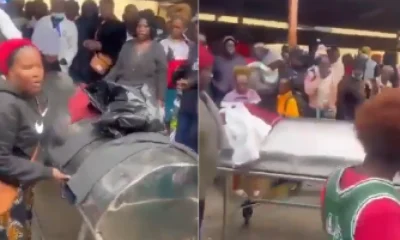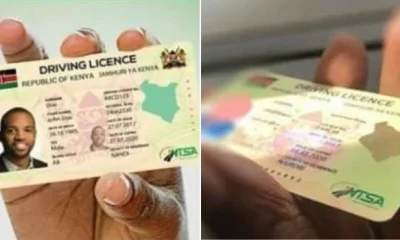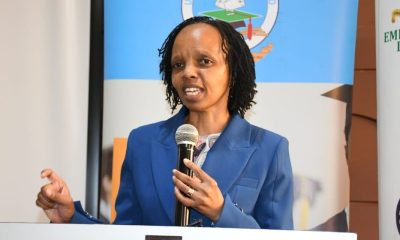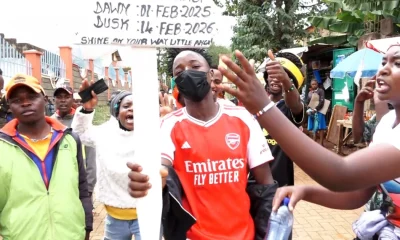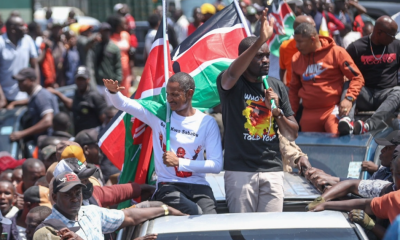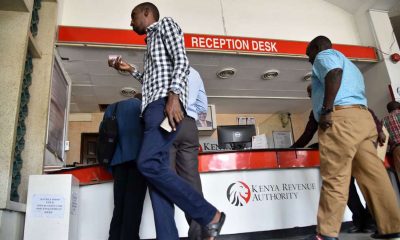News
Tanzania Cuts Nation’s Internet as President Suluhu Joins Voting Queue
DAR ES SALAAM, Tanzania – A significant, nationwide disruption to internet connectivity was confirmed in Tanzania on Wednesday as citizens voted in a presidential and parliamentary election already marred by the exclusion of major opposition parties and reports of low voter turnout.
ALSO READ: Election or Coronation? President Samia Faces Ballot Box After Jailing Top Rival Tundu Lissu
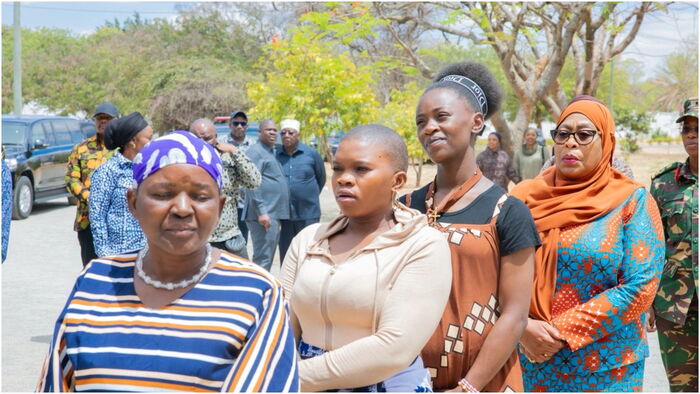
The global internet monitoring organization NetBlocks issued a statement confirming the incident. “Confirmed: Live network data show a nationwide disruption to internet connectivity in Tanzania on election day, corroborating reports of a digital blackout; the incident comes as Tanzanians vote for a new president and parliament, with both main opposition parties barred,” the watchdog said.
Independent verification by local media outlet Yeiyomedia established that three major telecommunications service providers had suspended access, sparking widespread concern over information suppression.
The digital blackout occurs against a backdrop of escalating pre-election tensions. In the days leading up to the poll, authorities had deployed armoured vehicles and tanks across major urban centres. Police had issued stern warnings against public demonstrations, a move that foreshadowed the unrest that would unfold.
Despite these measures, videos emerged from several cities, including the commercial capital Dar es Salaam, showing protesters blocking roads and engaging in running battles with security forces. In several instances, crowds, predominantly comprised of youth, were seen hurling stones at police, who responded by firing tear gas canisters to disperse the gatherings.
The election process itself has been under international scrutiny. The leading challengers to incumbent President Samia Suluhu Hassan were either disqualified from contesting or are currently jailed, effectively narrowing the political field. This political climate is believed to be a primary factor in the notably low voter turnout recorded at polling stations since voting began on Wednesday morning.
Analysts suggest the internet shutdown is a strategic measure to quell further unrest. By limiting the flow of real-time information, the government appears to be aiming to prevent the coordination of protests and the dissemination of images and videos that could galvanize wider opposition.
The situation remains fluid, with the full impact of both the election results and the communication shutdown yet to be seen. The blackout has drawn condemnation from digital rights groups, who argue that access to information is a critical component of a free and fair electoral process.
Follow us on Facebook
-

 Gossip6 days ago
Gossip6 days agoForeign Tourist’s Viral Uganda Video Ignites Social Media Frenzy Over “Intense Cultural Exchange”
-

 Gossip1 week ago
Gossip1 week agoWoman Unalives Herself On Facebook Live As Viewers Begged Her To Stop
-

 Gossip7 days ago
Gossip7 days agoFake Model Casting Agency Under Fire After Disturbing Video Goes Viral
-
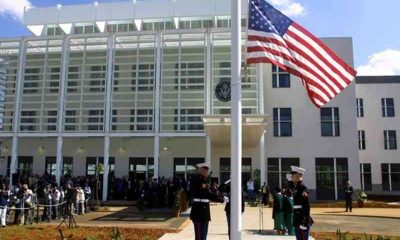
 Nairobi1 week ago
Nairobi1 week agoUS Embassy in Nairobi Closed Monday for President’s Day Federal Holiday
-
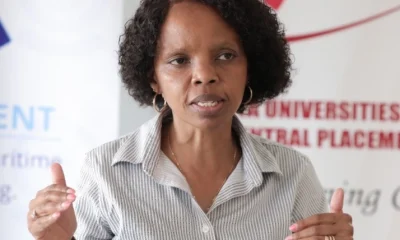
 Education1 week ago
Education1 week agoKUCCPS Releases Subject Requirements for All Degree Clusters: What Students Must Know Before Applying
-
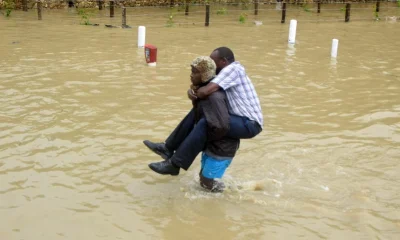
 Forecast1 week ago
Forecast1 week agoWill It Rain This Week? Heavy Downpours Expected in Central Kenya, Rift Valley and Coastal Regions
-
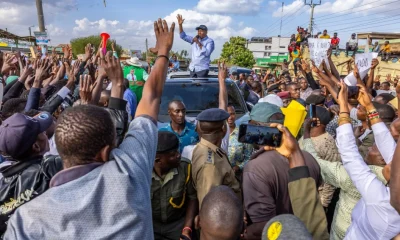
 News1 week ago
News1 week ago‘My Position is Safe’: DP Kindiki Shuts Down Political Speculation
-
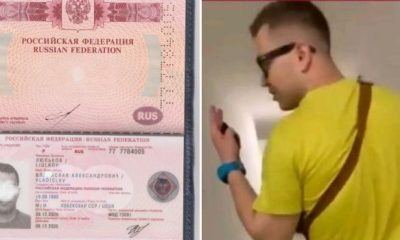
 Gossip4 days ago
Gossip4 days agoRussian Man’ Unmasked: Govt Officially Names Vladislav Luilkov in Non-Consensual Recording Scandal


